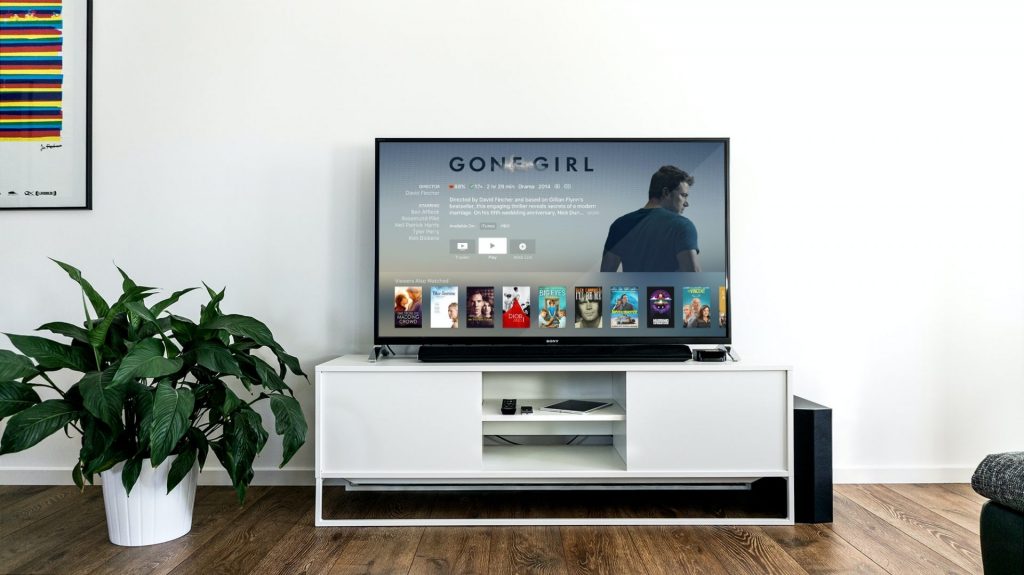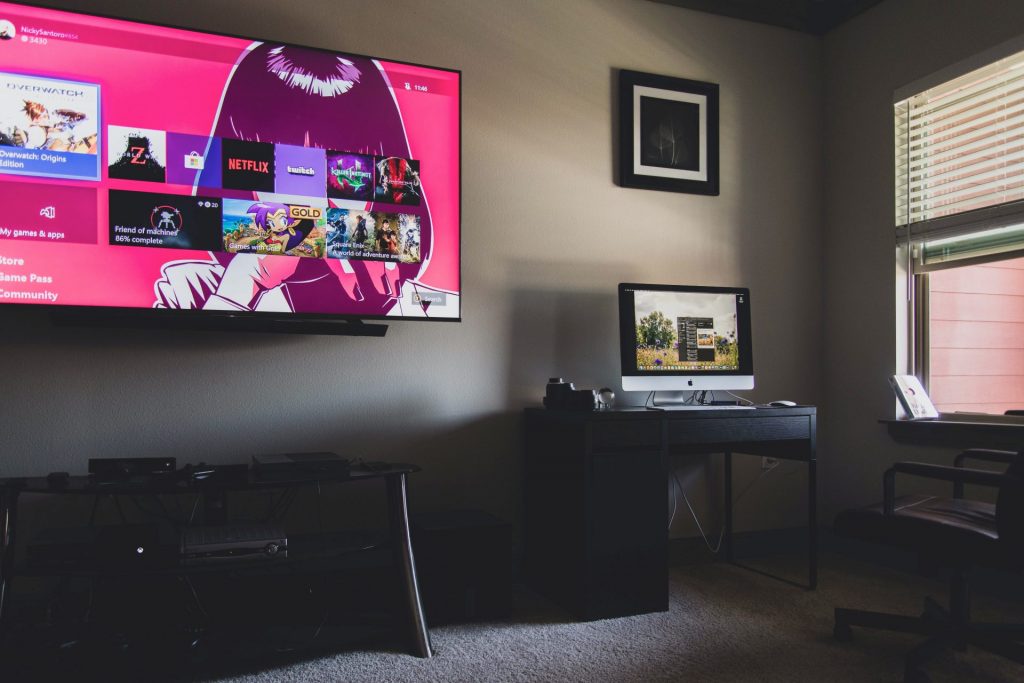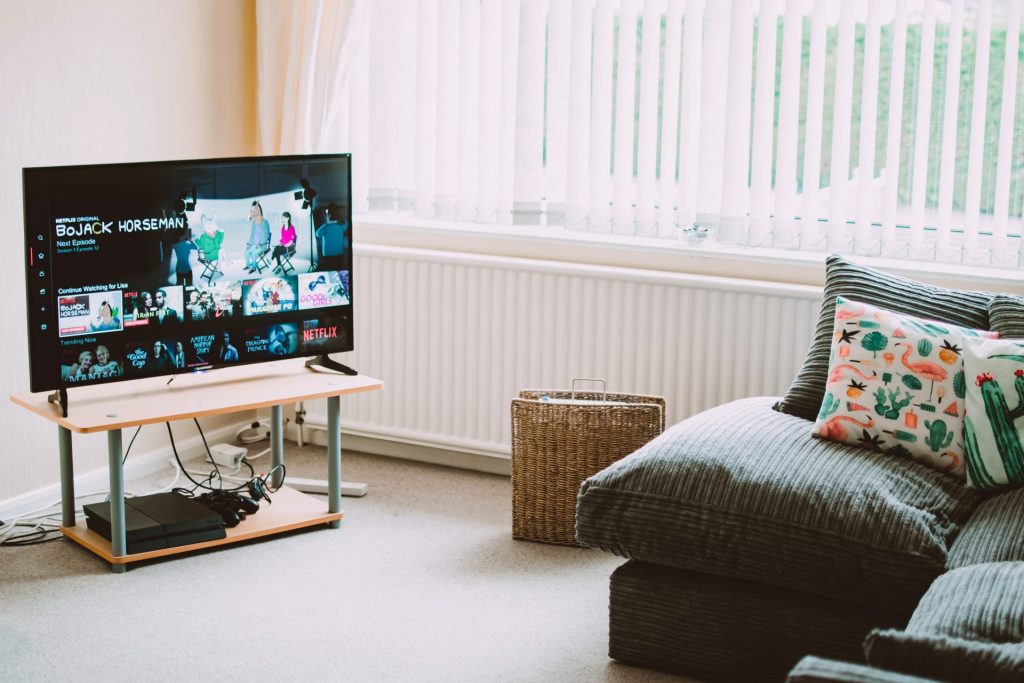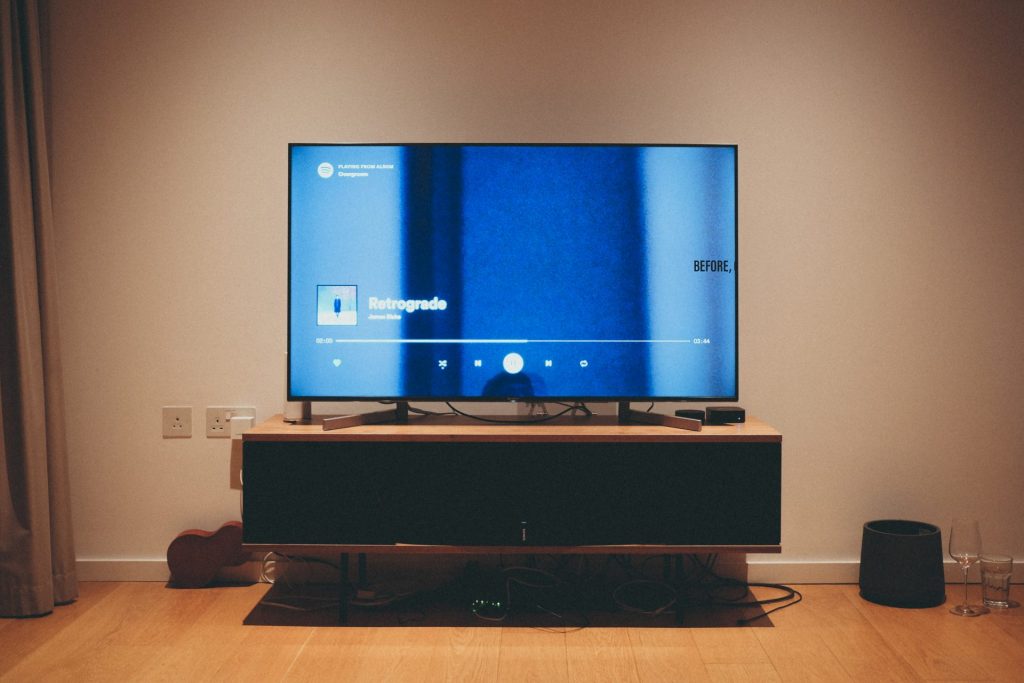The average power consumption by TV ranges somewhere between 80 and 300 watts. Modern TVs usually use 58.6 watts in On mode and 1.3 watts on standby mode. However, the wattage of a TV depends on various factors including the size of the TV, nature of the display, usage time as well as other aspects.
There are so many people who want to find ways to reduce the electricity consumption of a TV. We are about to discuss various factors that affect the wattage of TV along with some other things that you need to consider for the purpose of reducing your TV’s wattage.
Table of Contents
How To Find Out The Power Consumption Of A TV?

No matter whether you are an old TV user or you have just got a new one, you must be aware of the power consumption of a TV. There are different ways of finding out the electricity usage of your TV and the two most common of them are given below.
- The first and the easiest method is to read out the user manual. Almost all of the brands tell this information in the user manual. So, you can find out the wattage of your TV by giving a read to the user manual.
- Secondly, you can check out the back of your TV. The wattage written there tells you about how many watts your TV consumes per hour. So, by multiplying the number of hours of TV usage by that wattage, you can find out the total consumption of electricity by your TV.
What Factors Does Power Usage Depend Upon?

1. Size Of A TV:
When it comes to the consumption of power, size is what matters a lot. It is obvious that a small TV will have a smaller display area and a reduced usage of electricity.
On the other hand, a bigger TV will need more electricity to meet the needs of a bigger screen display. Therefore, you need to consider this factor while comparing the power consumption of different TVs.
2. Display Type:
The type of display also affects the power consumption of a TV set. We can understand it in the following way.
- If we talk about LED screens, they have a proper setup of small LED lights behind an LCD screen. The lightning from these LED lights is what makes the display on the screen possible. Relatively more electricity is needed to maintain a display through these LED lights.
- But when we talk about LCD screens, unlike LED screens, they do need not any lighting and, therefore, are energy efficient.
This comparison shows that LCD screens consume less energy or electricity relative to LED screens.
What Features Can Make A TV Energy-Efficient?

1. Advanced Brightness Control:
Advanced brightness control includes automatic brightness adjustment. Therefore, if you get a TV with this feature, automatic lowering of brightness will definitely make your TV energy efficient.
2. Power Saving Mode:
Make sure before buying a TV that it has an option of power-saving mode. After enabling the power saving mode, you don’t need to take a headache of brightness adjustment. This mode will automatically reduce the brightness, and save electricity.
3. Sleep Timer Option:
While buying a TV set, always prefer the TV with a sleep timer feature. This feature will turn off the TV screen when not in use, on its own. In this way, it saves a considerable amount of energy or electricity.
How To Overcome High Electricity Consumption Of A TV?

1. Avoid Unnecessary Watching TV:
You can limit the usage of TV by restricting watching time to only when needed. And you can do it by doing other activities than TV watching. It can help you save energy and save your electricity bill of yours.
2. Avoid Standby Mode:
Whenever your TV is not in use, prefer turning it off instead of leaving it on standby mode. In this way too, you can make your TV set consume less energy.
3. Reduce The Brightness:
You can try to reduce the brightness level of the screen while watching TV. It will not only save energy but also the display will turn out it be more comfortable for your eyes.

Conclusion:
We can conclude by saying that the average TV power consumption per hour is somewhere between 80 and 300 watts as mentioned at the beginning of the article as well. However, there are certain ways explained above that can help you reduce the wattage considerably.
However, when it comes to the selection of a TV, TV power consumption comparison is what can help you in choosing the correct one. And this article provides you with complete guidance in this regard.
